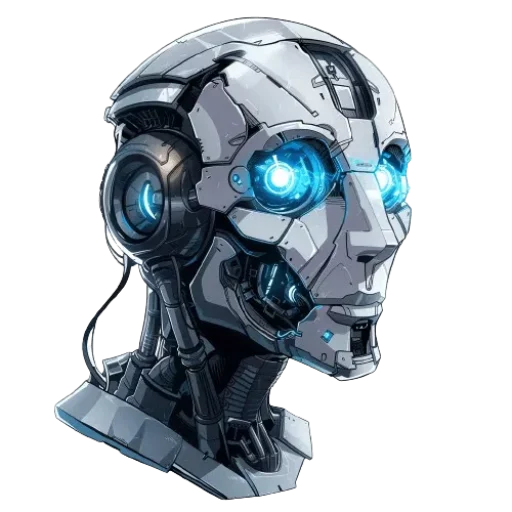Key findings
Generative artificial intelligence (GenAI) is set to impact, but not transform, the work of blue-collar Tool and Die Makers.
While some skills used in this job may be automated in the future, such as Equipment Maintenance and Troubleshooting, the physical nature of the tasks involved will keep these workers shielded from major disruption.
The increased demand for premium goods and services may even lead to a rise in income share for blue-collar workers.
GenAI’s unique automation wave is unlikely to harm these workers significantly due to its inability to perform physical tasks.
How could AI or automation replace or complement job activities?
The use of AI, automation, or LLMs like ChatGPT could potentially assist Tool and Die Makers in tasks such as visualizing dimensions, planning operations, and designing tools.
However, the intricate fitting, assembling, and inspecting of parts require human precision and judgment that technology may not fully replicate.
For instance, AI could aid in generating initial design concepts, but the hands-on craftsmanship and problem-solving skills of Tool and Die Makers remain essential for ensuring the quality and functionality of the finished products.
Job description
Analyzing specifications, setting up and operating machine tools, and assembling parts to make and repair dies, cutting tools, jigs, fixtures, gauges, and machinists’ hand tools.



0 Comments